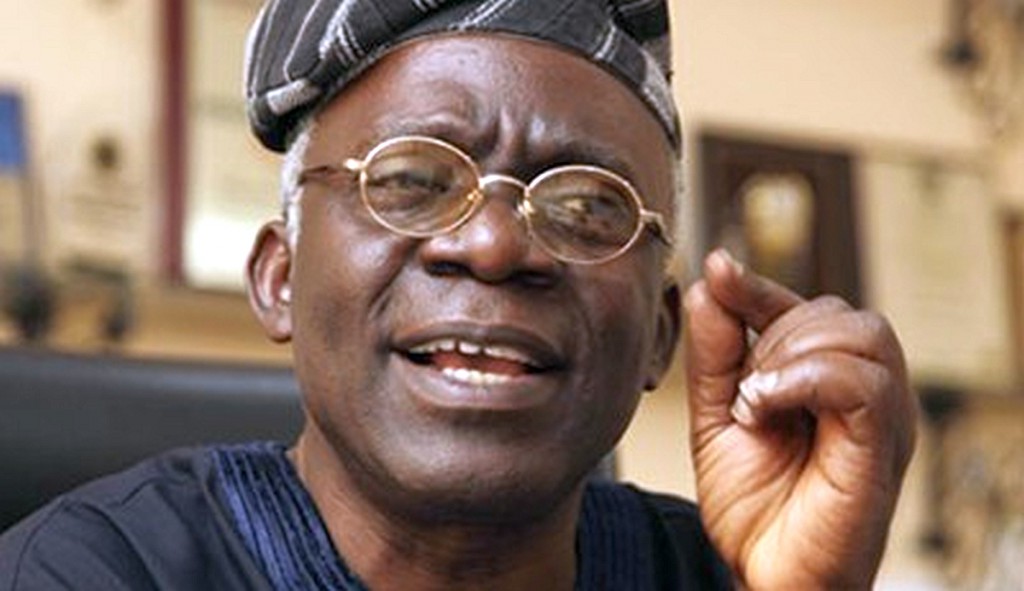Renowned human rights lawyer and Senior Advocate of Nigeria (SAN), Femi Falana, has raised concerns over the adherence to the federal character principle in the appointment of chairpersons for the two major anti-graft federal agencies in Nigeria.
Mr. Falana argued that it is inconsistent with the federal character principle for both the Economic and Financial Crimes Commission (EFCC) and the Independent Corrupt Practices and Other Related Offences Commission (ICPC) to be led by individuals from the same geopolitical zone.
Speaking during an appearance on the live broadcast of Channels Television’s Sunrise Daily program on Monday, Mr. Falana emphasized that if the chairman of the EFCC hails from the northern region, then the chairman of the ICPC should be selected from the southern region.
He also offered his perspective on the recently appointed chairman of the EFCC, Mr. Ola Olukoyede, asserting that he is highly qualified for the role.
Mr. Olukoyede’s prior service as the Chief of Staff to the EFCC Chairman from 2016 to 2018, his role as Secretary to the Commission from 2018 to 2023, and his 22 years of experience in relevant fields make him an appropriate candidate for heading the anti-graft agency.
It’s worth noting that both Mr. Olukoyede and the incumbent ICPC Chairman, Prof. Bolaji Owasanoye (SAN), originate from the South-West geopolitical zone. President Bola Tinubu appointed Mr. Olukoyede as the new EFCC chairman on October 12, 2023, for an initial renewable term of four years, subject to Senate confirmation.
Mr. Olukoyede’s appointment followed the controversial resignation of the former EFCC boss, Abdulrasheed Bawa, who was suspended on June 14, 2023, and detained by the Department of State Services (DSS) due to “weighty” allegations of abuse of office.
Critics have voiced concerns about Mr. Olukoyede’s qualifications, contending that he does not hold the rank of an Assistant Commissioner of Police, which is perceived as a requirement for leading the EFCC. However, Mr. Falana argued that Mr. Olukoyede is indeed qualified for the role, given his extensive experience and past positions within the agency.
In response to the concerns raised, Mr. Falana pointed out that the Federal Character Commission Act and Section 14 of the Nigerian Constitution stipulate that appointments should reflect federal character. He stressed that for key positions, there should be a geographical balance to ensure fair representation across the country.
Mr. Falana’s primary concern remains that both the heads of the EFCC and the ICPC hail from the same geo-political zone, which he views as a deviation from the federal character principle enshrined in Nigerian law. He believes that adhering to these principles is essential to promote equitable distribution of public appointments in the country.










More Stories
Military air strikes kill several terrorists in failed attack on Marte
Pastor’s driver mauls four siblings to death with pestle
Saudi Govt deports controversial Islamic cleric, Sheikh Gumi to Nigeria